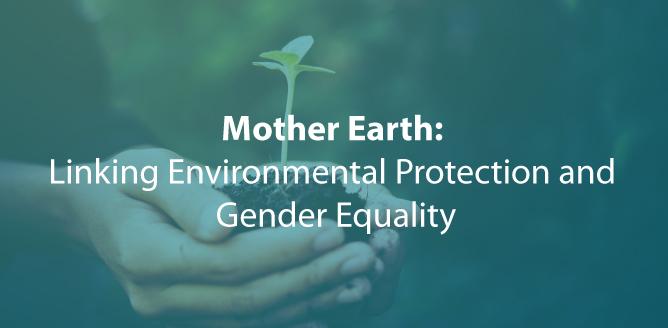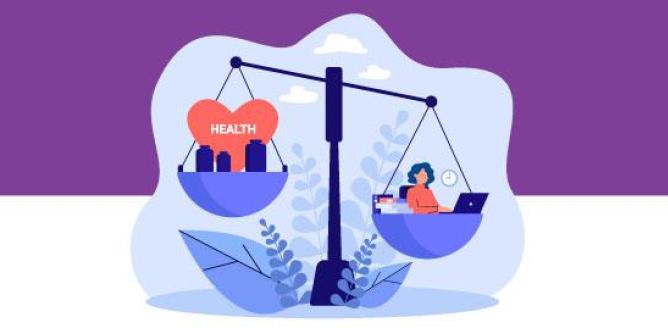“It’s the women who actually are the first victims of environmental degradation” – Wangari Maathai, environmental activist and Nobel Peace Prize laureate
The United Nations has designated April 22 as International Mother Earth Day. On this occasion, we would like to highlight how environmental issues are linked to gender issues, from how the problems affect women to how women play an important role in green movements.
Environmental degradation takes a heavy toll on women, particularly poor women in developing countries. Studies haveshown that women are more likely than men to be affected by climate change: 80% of people displaced by climate change are women. In many parts of the world, it is women and girls who bear the responsibility to fetch water. And when water is scarce, they have to walk long distances– spending hours or even days – looking for water.
In a modern city like Hong Kong, women are still hit hard by environmental problems. A recent Civic Exchange study on PM2.5 – particulate matters from air pollution that are very harmful to human health – showed surprising results: PM2.5 exposure at home was significantly higher than in the office, and even slightly higher than on public transport. With women still shouldering the bulk of housework, this means women – from housewives to domestic workers – are more susceptible to the high indoor air pollution at home. Hong Kong is also struggling with millions of tonnes of rubbish, with landfill sites expected to hit the saturation point by 2020.
While the Government has been criticised for lack of regulations in tackling environmental problems, women in Hong Kong have been picking up the pieces and leading the charge in creating green initiatives. Philanthropist Gigi Tung’s Food Angel collects 4,000 kg of edible surplus food that would otherwise go to the landfills every day and turns it into 6,000 meals for the underprivileged. Ada Yip, alumnus of TWF’s Mentoring Programme, serves as CEO for social start-up Urban Springwhich aims to build a network of fresh water refill stations across Hong Kong to reduce single-use plastic bottles. Tamsin Thornburrow founded Live Zero, the city’s first zero-waste and packaging-free grocery store. In fashion-conscious Hong Kong, charity Redress, founded by Christina Dean, seeks to promote environmental sustainability and encourage manufacturers and consumers to reduce fashion waste. Christine Loh, who sits on TWF’s advisory board, co-founded and led public policy and environmental think tank Civic Exchange before she served as Undersecretary for Environment from 2012 to 2017.
Studies show there is a correlation between gender equality and environmental protection. Countries with more female legislators, for example, are more likely to set aside protected lands and ratify international environmental treaties.
On Earth Day, TWF pays tribute to all eco women warriors of Hong Kong. We can all start by doing something small: reduce household waste, take public transport, and conserve energy and water. Have a green week!





















